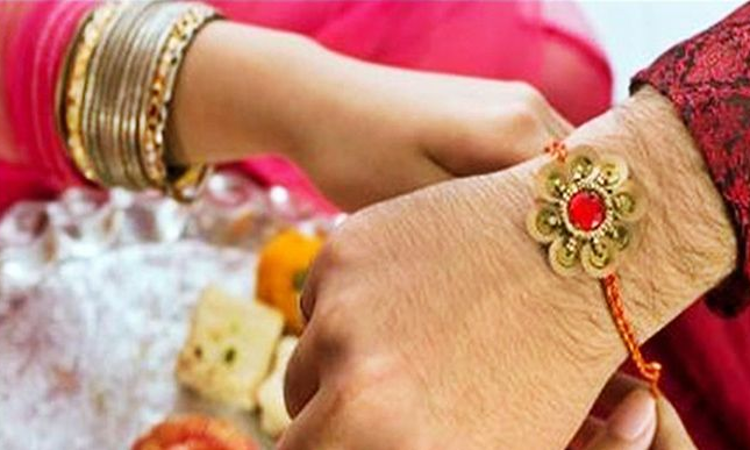'Wholly Unacceptable' : Supreme Court Sets Aside 'Rakhi-For-Bail' Order Of Madhya Pradesh High Court
Live Law News Network
18 March 2021 2:19 PM IST

Next Story
18 March 2021 2:19 PM IST
The Supreme Court on Thursday set aside Madhya Pradesh High Court Judgment wherein the Court had imposed a bail condition upon the person (accused of outraging the modesty of his neighbour) to request the victim to tie the rakhi around his wrist."Using rakhi tying as a condition for bail, transforms a molester into a brother, by a judicial mandate. This is...
